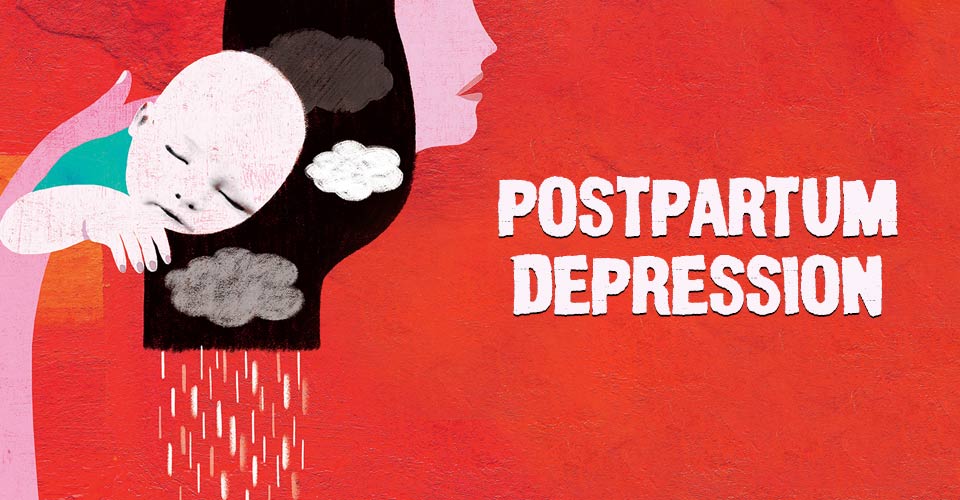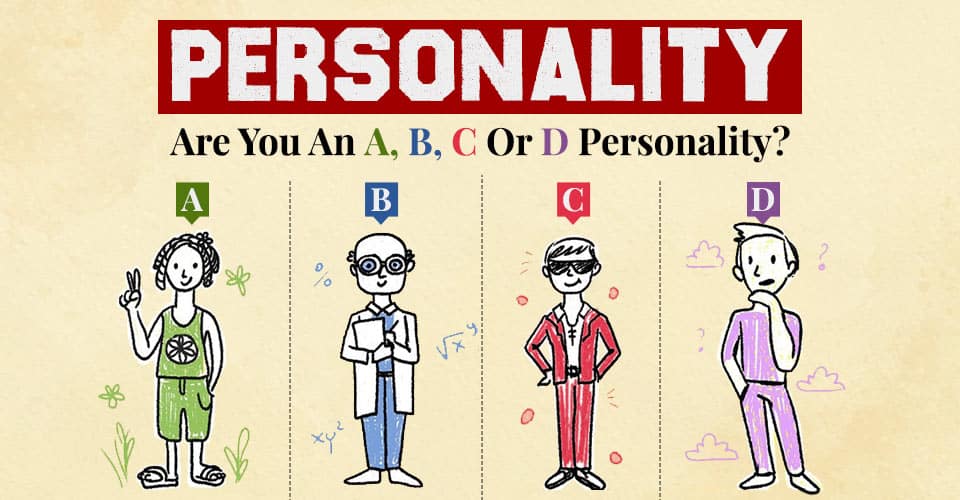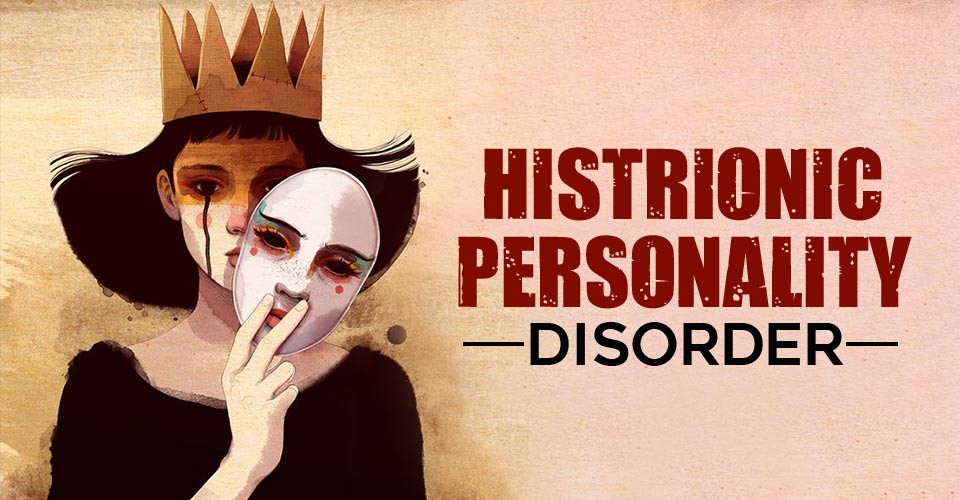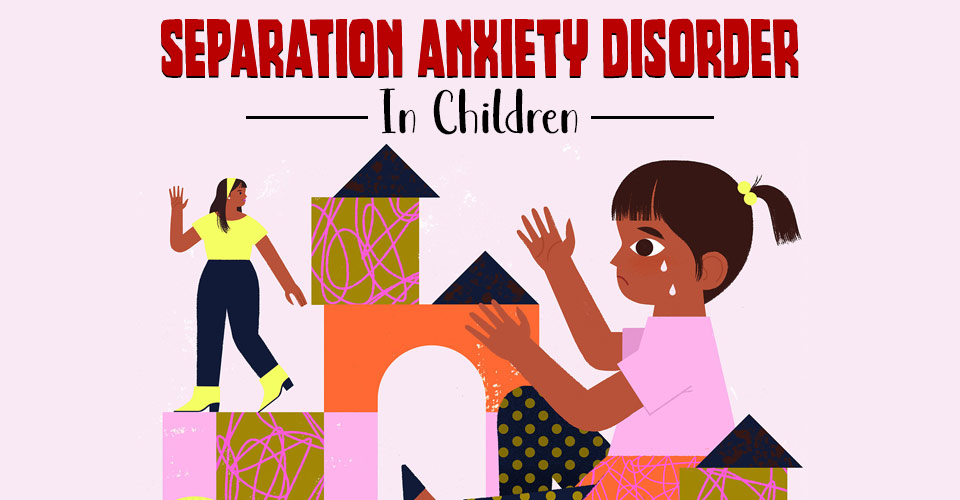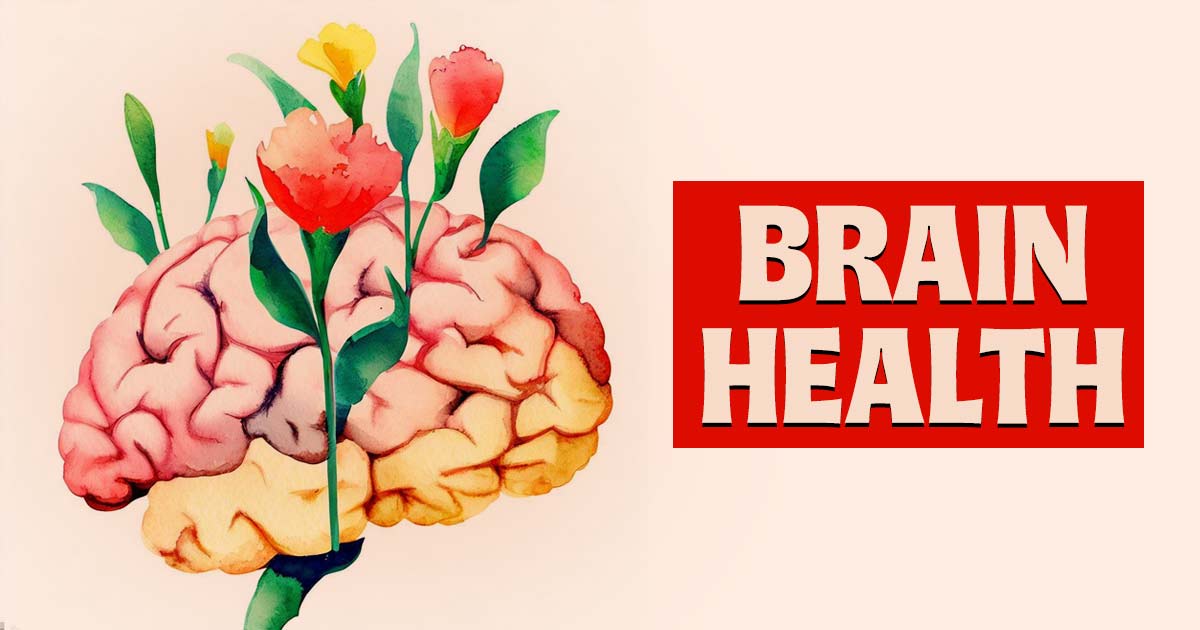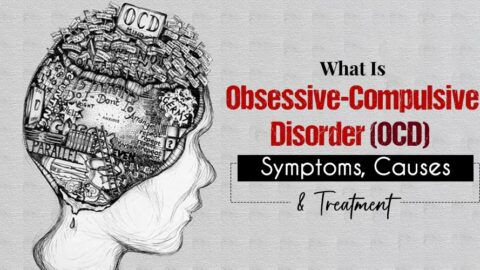Conscientiousness is a psychological trait characterized by organization, responsibility, and diligence. Its strong correlation with mental health manifests through better coping mechanisms, lower stress levels, and quality relationships.
What Is Conscientiousness?
Conscientiousness is one of the Big Five personality traits 1 Jackson, J. J., Wood, D., Bogg, T., Walton, K. E., Harms, P. D., & Roberts, B. W. (2010). What do conscientious people do? Development and validation of the Behavioral Indicators of Conscientiousness (BIC). Journal of research in personality, 44(4), 501–511. https://doi.org/10.1016/j.jrp.2010.06.005 , which are considered to be the five fundamental dimensions of personality. It refers to the tendency to be organized, responsible, dependable, and diligent in one’s actions. Individuals high in conscientiousness are typically well-organized, methodical, and reliable in their approach to tasks and obligations.
They are also often characterized by their highly moral and ethical ground. They demonstrate a strong sense of integrity and adherence to principles in their actions and decisions. This moral compass guides them to consistently uphold standards of honesty, fairness, and accountability in their interactions and responsibilities.
Characteristics Of Conscientiousness
Research 2 Bogg, T., & Roberts, B. W. (2013). The case for conscientiousness: evidence and implications for a personality trait marker of health and longevity. Annals of behavioral medicine : a publication of the Society of Behavioral Medicine, 45(3), 278–288. https://doi.org/10.1007/s12160-012-9454-6 attributes the common characteristics of conscientiousness to the following:
- Organized: Well-structured in personal and professional matters.
- Responsible: Takes obligations seriously and commits to fulfilling them.
- Dependable: Others can trust them to follow through on commitments.
- Diligent: Shows a strong work ethic and puts in effort to achieve goals.
- Self-disciplined: Possesses good self-control and resists distractions.
- Punctual: Respectful of deadlines and typically arrives on time.
- Goal-driven: Sets clear objectives and works systematically to accomplish them.
- Detail-oriented: Pays attention to specifics and strives for accuracy.
- Persistent: Demonstrates resilience by persevering through challenges.
- Reliable: Consistently performs at a high level and is trustworthy.
- Self-control: Consistently good at avoiding impulsive actions and delaying immediate gratification.
Read More About Self-Control Here
How Does Conscientiousness Affect Mental Health Functioning
A person with the characteristics of conscientiousness is associated with several mental health benefits 3 Kitayama, S., & Park, J. (2021). Is Conscientiousness Always Associated With Better Health? A U.S.-Japan Cross-Cultural Examination of Biological Health Risk. Personality & social psychology bulletin, 47(3), 486–498. https://doi.org/10.1177/0146167220929824 like:
1. General Well-being:
Conscientious individuals tend to experience lower levels of stress and anxiety and, therefore, greater overall mental well-being. Additionally, they also exhibit socially and morally positive grounded behavior, which contributes to their satisfaction with general well-being. This alignment with socially accepted norms and ethical principles fosters a sense of fulfillment and contentment in their lives.
2. Emotion Regulation:
Conscientiousness is linked to better emotion regulation skills, allowing individuals to manage and cope with negative emotions more effectively. They are less likely to engage in impulsive or harmful behaviors during times of emotional distress.
3. Resilience:
Conscientious people demonstrate greater resilience in the face of adversity. They are better equipped to bounce back from setbacks and challenges.
4. Depression And Mood Disorders:
Higher conscientiousness is correlated with a reduced risk of developing depression and mood disorders 4 Yang, T., Guo, Z., Zhu, X., Liu, X., & Guo, Y. (2023). The interplay of personality traits, anxiety, and depression in Chinese college students: a network analysis. Frontiers in public health, 11, 1204285. https://doi.org/10.3389/fpubh.2023.1204285 . Conscientious individuals may exhibit fewer symptoms of depression due to their proactive coping strategies and problem-solving abilities.
Read More About Mood Disorders Here
5. Anxiety Disorders:
Conscientiousness is associated with lower levels of anxiety and a decreased likelihood of developing anxiety disorders. They tend to approach stressful situations with a more structured and organized mindset, reducing feelings of overwhelm.
Read More About Anxiety Here
6. Quality Of Relationships:
Conscientious individuals often have more stable and satisfying relationships. Their reliability and trustworthiness contribute to stronger social connections, which can serve as a buffer against mental health challenges.
7. Work and Academic Performance:
Conscientiousness positively influences work and academic performance. Individuals high in conscientiousness are more likely to set and achieve goals, leading to greater job satisfaction and academic success, which in turn can enhance mental well-being.
8. Health Behaviors:
Conscientiousness correlates with healthier lifestyle habits like regular exercise, balanced diet, and following medical advice, fostering better physical and mental health. Furthermore, individuals high in conscientiousness exhibit strong moral values, self-control, and socially acceptable behavior, enabling them to make decisions aligned with long-term well-being.
Assessing Conscientiousness
The Big Five Personality Test 5 Gurven, M., von Rueden, C., Massenkoff, M., Kaplan, H., & Lero Vie, M. (2013). How universal is the Big Five? Testing the five-factor model of personality variation among forager-farmers in the Bolivian Amazon. Journal of personality and social psychology, 104(2), 354–370. https://doi.org/10.1037/a0030841 evaluates individuals across five dimensions: Openness, Conscientiousness, Extraversion, Agreeableness, and Neuroticism (OCEAN). Conscientiousness, one of these dimensions, is assessed through self-report questionnaires 6 Hill, P. L., Turiano, N. A., Hurd, M. D., Mroczek, D. K., & Roberts, B. W. (2011). Conscientiousness and longevity: an examination of possible mediators. Health psychology : official journal of the Division of Health Psychology, American Psychological Association, 30(5), 536–541. https://doi.org/10.1037/a0023859 , where participants rate statements related to traits like organization and responsibility.
Scoring quantifies conscientiousness levels, with higher scores indicating greater conscientiousness. This trait can be further explored through facets like organization and self-discipline. Validity and reliability ensure accuracy and consistency in results. Interpretation involves comparing scores to norms, offering insights into behavioral traits and areas for growth.
How To Increase Conscientiousness: Tips And Strategies
Consider the following tips 7 Bartley, C. E., & Roesch, S. C. (2011). Coping with Daily Stress: The Role of Conscientiousness. Personality and individual differences, 50(1), 79–83. https://doi.org/10.1016/j.paid.2010.08.027 on how to increase conscientiousness:
- Set clear goals and prioritize tasks.
- Establish routines and stick to schedules.
- Break large tasks into smaller, manageable steps.
- Practice self-discipline and delay immediate gratification need.
- Use organizational tools such as planners or apps.
- Hold yourself accountable for actions.
- Seek feedback and adjust behaviors accordingly.
- Cultivate a growth mindset towards improvement.
- Develop habits that promote consistency and reliability.
- Surround yourself with conscientious people for inspiration and support.
Takeaway
Conscientiousness plays a crucial role in mental health, influencing various aspects such as emotional regulation, resilience, and overall well-being. Individuals high in conscientiousness tend to exhibit better coping mechanisms, lower levels of stress and anxiety, and greater satisfaction in relationships and work. By understanding the conscientiousness examples and its impact on mental health, individuals can leverage this trait to cultivate healthier habits, manage challenges effectively, and ultimately lead more fulfilling lives.
At A Glance
- Conscientiousness is a key trait within the Big Five personality model.
- Conscientiousness examples encompass qualities like organization, responsibility, and diligence.
- People high in conscientiousness are dependable, detail-oriented, and punctual, often displaying strong work ethics and goal-driven behavior.
- This trait positively influences mental health functioning, leading to lower levels of stress and anxiety, psychological resilience, etc.
- Conscientious individuals tend to have more stable relationships, perform better academically and professionally, and exhibit healthier lifestyle choices.
- Understanding and harnessing conscientiousness can lead to more fulfilling lives by promoting healthier habits and effective coping mechanisms.
Frequently Asked Questions (FAQs)
1. Is Being Conscientious A Skill?
Yes, being conscientious is a skill that involves being thorough, organized, and responsible in one’s actions.
2. Can Conscientiousness Be Developed?
Yes, conscientiousness can be developed through practice, self-awareness, and intentional efforts to improve organizational skills and attention to detail.
3. Is Conscientiousness Changeable?
Certain conscientiousness traits can be changeable to some extent through deliberate efforts, although individual predispositions and environmental factors may influence the degree of change.



